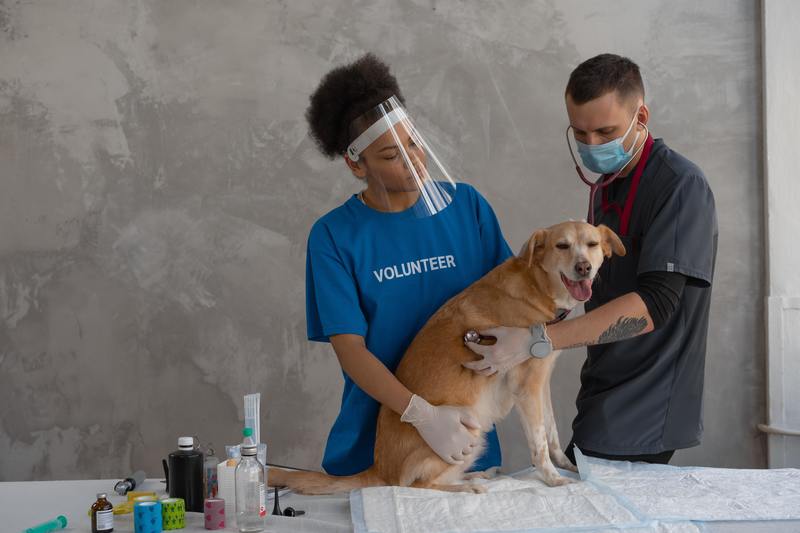The 3 Steps to Moving Your Business Online and Starting a Delivery Service Today
878
0
·
2020/04/10
·
2 mins read
☕
WriterShelf™ is a unique multiple pen name blogging and forum platform. Protect relationships and your privacy. Take your writing in new directions. ** Join WriterShelf**
WriterShelf™ is an open writing platform. The views, information and opinions in this article are those of the author.
Article info
Categories:
⟩
⟩
Tags:
Date:
Published: 2020/04/10 - Updated: 2020/05/25
Total: 495 words
Like
or Dislike
More from this author
More to explore









Ordering goods and having them delivered to your home is second nature to most consumers. It’s one of the biggest changes to shopping habits that the digital age has brought about – whether it’s purchasing groceries, pet supplies, or meal kits. But, how do you take that first step towards moving your business online?
How do you let your existing customers know that you’re open for deliveries? Where do you get your drivers and delivery vehicles? How do you keep track of all your deliveries and make sure your drivers get to where they are going, and on time?
Go From On-Premise to Online in 3 Steps
Here are three easy steps you can take today to successfully transition your business from on-premise to online.
Step 1: Let customers know you’re open for delivery
Start with a Facebook business page and/or Instagram business page
Publish your menu or price list and post it
Include delivery information with each post
Use Wix, Squarespace, Shopify to make a landing page at a later stage
Add an online ordering form
You can also use Google forms to start
Open communication channels with clients
Direct messages over social media
A dedicated phone number
Email
Text messages
Advertise delivery with a poster in your store window
Delight customers with accurate and timely delivery
Notify customers with exact time of day or day of the week delivery windows
Step 2: Set up a delivery workflow
To begin with deliveries, consider setting up some of the following steps to your planning process:
Determine your optimal delivery strategy
Work out the cut-off time for ensuring same-day deliveries
Or, only offer next day delivery:
Your routes will be more packed with orders
Meaning fewer drivers, less driving, fatter margins
Make weekly deliveries available for bulk orders
Scheduling several days in advance vastly improves the number of orders a single driver can serve. This is doubly true if you use powerful route optimization software like OptimoRoute
Bag items ahead of time
Disposable cutlery in delivery bags
The most popular grocery items
Offer ready-made ‘essential groceries’ packs
Organize delivery personnel
Use existing staff
Hire drivers
Keep customer data organized in a list
Phone numbers, emails, and delivery addresses
Previous orders, favorite meals, etc.
Use this Excel template to keep things organized
Arrange deliveries based on vehicle size
Use bikes or motorcycles for small packages
For big orders and rush deliveries, use cars and trucks
Establish a maximum service distance from your store or restaurant
Once everything is ready to be delivered, learn how to manage delivery routes and keep efficiency high.
Step 3: Taking payment from customers
There are many payment methods available, the following are some best-case practices across different businesses:
Use a POS (Point of Sales) system
Or online payment platforms like Amazon Pay, Checkout, 2Checkout or PayPal
Ask for credit card information over the phone
If you’re using cash – make sure your drivers have enough change
This article originally appeared on optimoroute.com.